The Role of an Ecommerce Marketing Agency in Driving Online Success
In the digital age, ecommerce has become a dominant force in the business world. With the rapid growth of online shopping, businesses are continually seeking ways to maximize their online presence and increase sales. This is where ecommerce marketing agencies come into play. Ecommerce marketing agencies specialize in helping businesses navigate the complex world of online marketing and optimize their strategies to drive success. In this article, we will explore the role of an ecommerce marketing agency and how they can significantly impact the growth and profitability of online businesses.

Understanding Ecommerce Marketing
Before diving into the role of an ecommerce marketing agency, it is essential to understand what ecommerce marketing entails. Ecommerce marketing refers to the strategies and tactics used to promote products and services online and drive traffic, engagement, and conversions. It involves various disciplines such as search engine optimization (SEO), pay-per-click (PPC) advertising, social media marketing, content marketing, email marketing, and conversion rate optimization (CRO).
The Importance of Ecommerce Marketing
In the highly competitive online marketplace, having a robust ecommerce marketing strategy is crucial for businesses to succeed. Effective marketing enables businesses to reach their target audience, build brand awareness, and drive qualified traffic to their online stores. Furthermore, it helps businesses engage with potential customers, build trust and credibility, and ultimately increase sales and revenue. Ecommerce marketing is not just about generating one-time purchases but also nurturing long-term customer relationships.
The Role of an Ecommerce Marketing Agency
3.1 Strategic Planning and Analysis: An ecommerce marketing agency plays a pivotal role in developing a comprehensive marketing strategy tailored to a business’s unique goals and target audience. They conduct in-depth market research, competitor analysis, and customer profiling to identify opportunities and challenges. With this information, they formulate a strategic plan that outlines the most effective marketing channels, messaging, and tactics to achieve the desired results.
3.2 Website Optimization: A well-optimized website is the foundation of any successful ecommerce venture. Ecommerce marketing agencies analyze and optimize various aspects of a website, including site structure, navigation, user experience, and mobile responsiveness. They also focus on improving site speed, implementing conversion rate optimization techniques, and enhancing the overall user journey to increase conversions and reduce bounce rates.
3.3 Search Engine Optimization (SEO): Ecommerce marketing agencies excel in SEO strategies, ensuring that businesses rank prominently in search engine results pages (SERPs). They conduct keyword research, optimize website content, meta tags, and URLs, and build high-quality backlinks to improve organic visibility. By increasing organic traffic, businesses can reduce their reliance on paid advertising and achieve long-term sustainability.
3.4 Pay-Per-Click (PPC) Advertising: Ecommerce marketing agencies utilize PPC advertising platforms like Google Ads and social media advertising to drive targeted traffic to a business’s website. They create and manage optimized ad campaigns, perform A/B testing, monitor performance metrics, and continually refine strategies to maximize return on ad spend (ROAS). PPC advertising enables businesses to gain immediate visibility and generate instant conversions.
3.5 Social Media Marketing: Social media has become a powerful tool for ecommerce businesses to connect with their target audience. Ecommerce marketing agencies leverage social media platforms like Facebook, Instagram, Twitter, and LinkedIn to build brand awareness, engage with followers, and drive traffic to the website. They create compelling content, run targeted ad campaigns, and track social media metrics to optimize performance.
3.6 Content Marketing: Content marketing is essential for attracting and engaging online consumers. Ecommerce marketing agencies develop content strategies that include blog posts, product descriptions, videos, infographics, and more. They focus on creating valuable, shareable content that resonates with the target audience, positions the brand as an authority, and drives organic traffic.
3.7 Email Marketing: Email marketing remains a highly effective channel for ecommerce businesses. Ecommerce marketing agencies design and implement email marketing campaigns that nurture leads, promote products, and drive repeat purchases. They segment the email list, personalize messages, and track metrics such as open rates, click-through rates, and conversion rates to optimize campaign performance.
In the fast-paced world of ecommerce, businesses need every advantage they can get to stand out from the competition and drive success. An ecommerce marketing agency brings a wealth of expertise and experience to the table, helping businesses navigate the complexities of online marketing and achieve their goals. From strategic planning and website optimization to SEO, PPC advertising, social media marketing, content marketing, and email marketing, these agencies employ a range of strategies to increase brand visibility, drive traffic, and boost conversions. By partnering with an ecommerce marketing agency, businesses can unleash their full online potential and position themselves for long-term growth and profitability in the ever-evolving digital landscape.
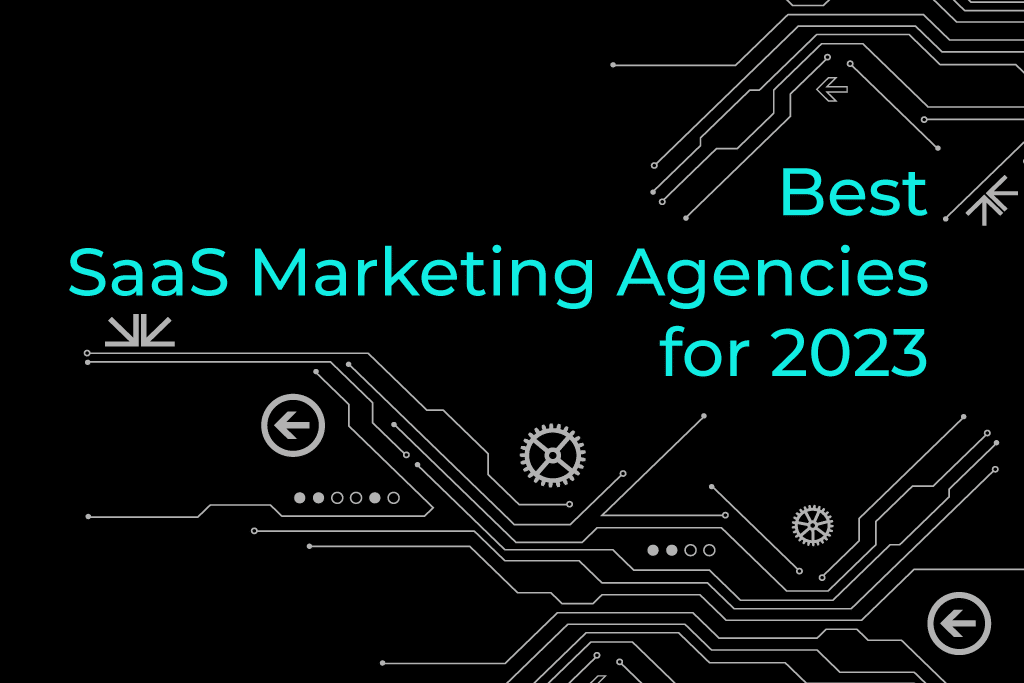
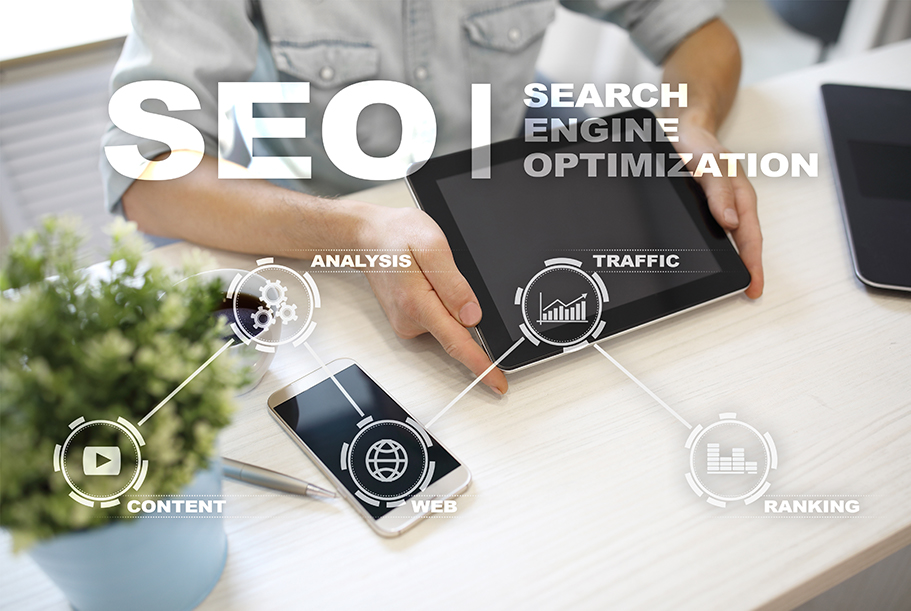
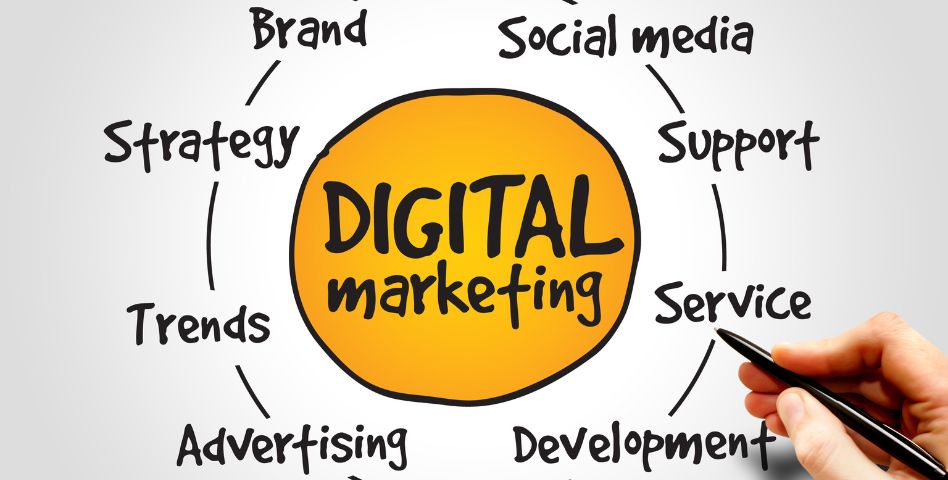

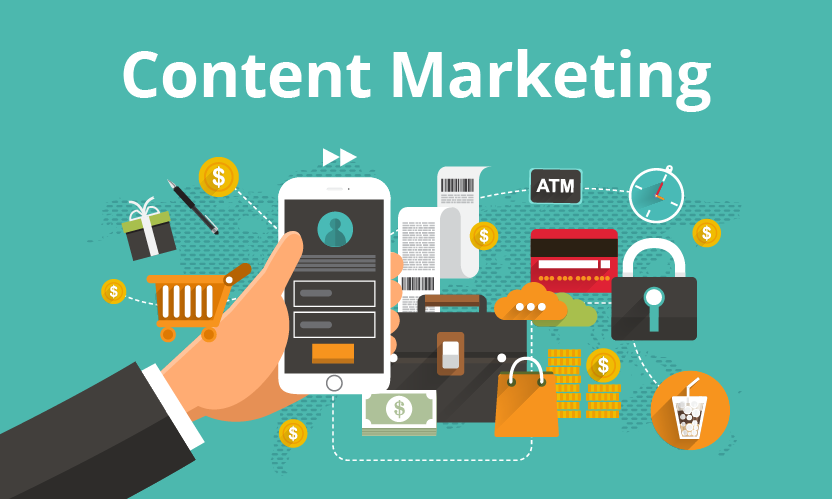
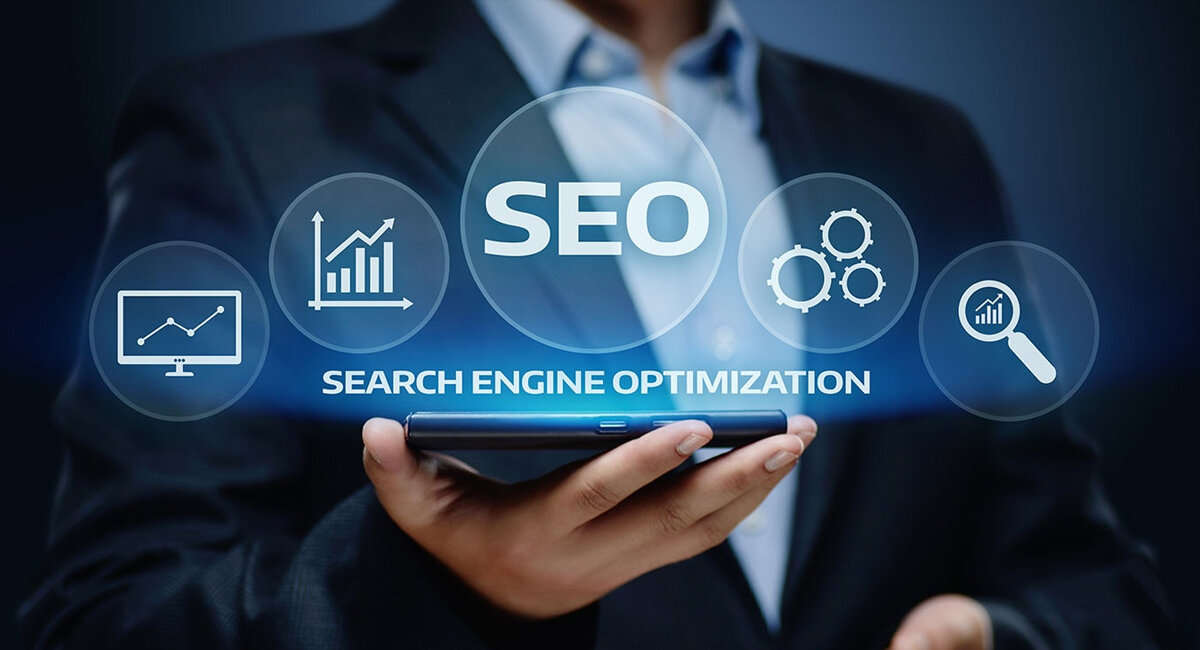
Leave a Comment